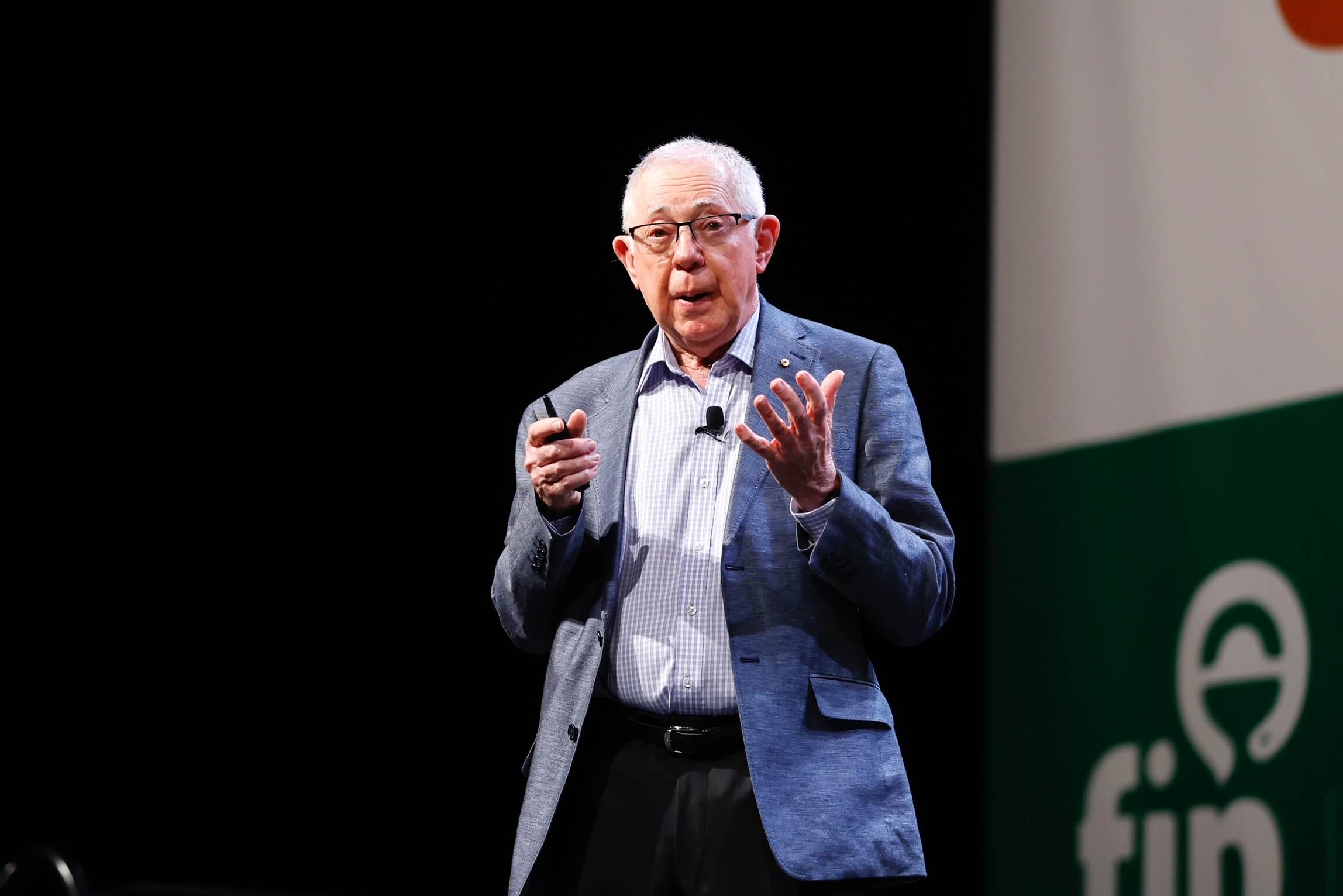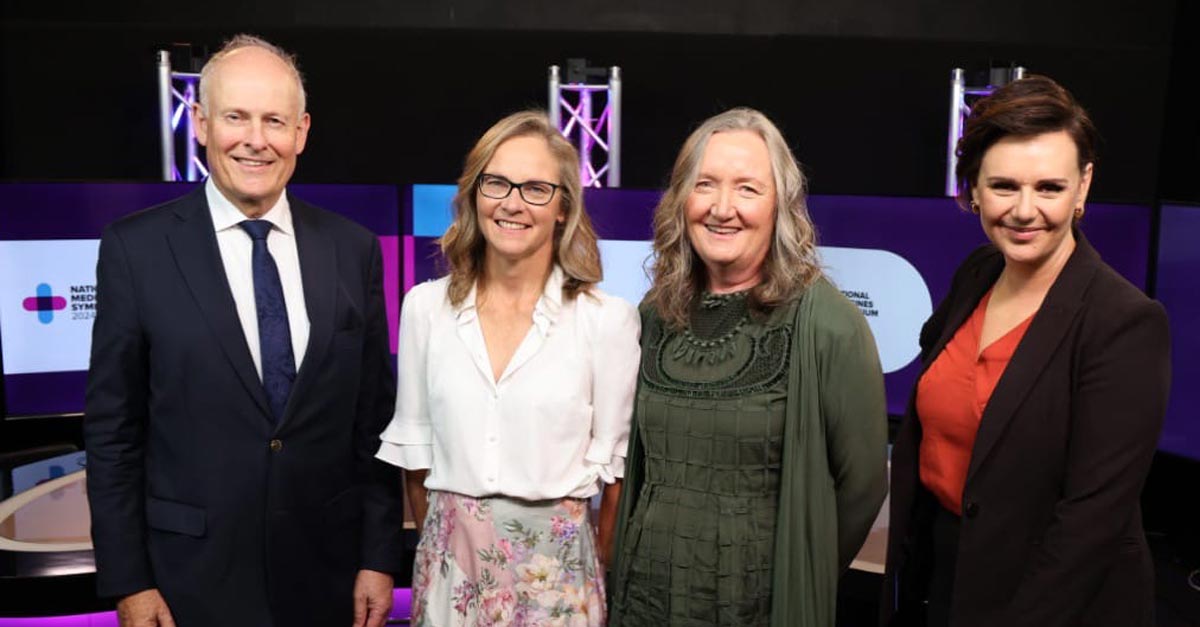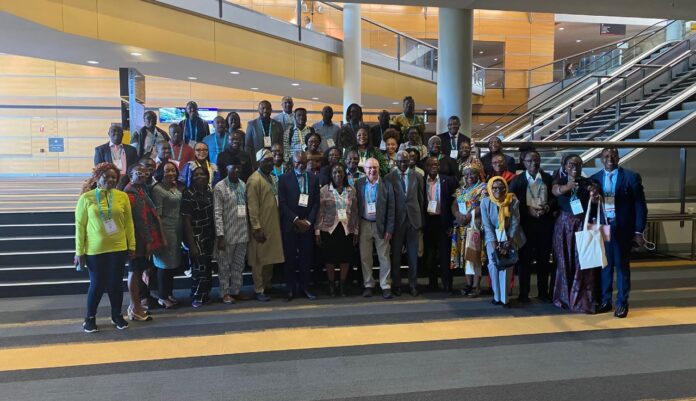If you are ever able to attend a Federation Internationale Pharmaceutique (FIP) Congress, you should expect a very busy time. And the World Congress in Brisbane did not disappoint.
There were over 70 plenary, clinical, scientific sessions and symposiums in Brisbane sessions (no, you couldn’t go to all of them) during the 4-day Congress that were generally related to the eight pharmacy practice sections and six special interest groups.
But it’s not all hard work. There are the section dinners and other exciting social events.
Key themes of 2023
Sustainability was the overall theme of the Congress this year – specifically building a sustainable future for healthcare by way of sustainable pharmacy practice and ensuring sustainable and transparent access to medicines.

Antimicrobial stewardship featured in several of the sessions with one of the highlights (for me) being a rousing debate where two teams of pharmacists from Australia, South Africa and the United Kingdom fought for audience acceptance of the best way to meet the challenge of antibiotic resistance. It was all good-natured fun – well most of it anyway – with wins and grins all round.
One of the CPD-accredited sessions covered the subject of optimising acute pain management with non-prescription medicines in light of scheduling changes to analgesics both in Australia and in other countries.
Bear in mind that inappropriate use of analgesics can lead to adverse effects or toxicity or, on the other hand, poor quality of life or chronicity. A session of good practical advice.
The role of military and emergency pharmacists
The pharmacists’ role in humanitarian crises was also high on the program agenda. Several of these sessions were organised by one of FIP’s smallest and most specialised sections – the Military and Emergency Section (MEPS). It currently has around 130 members from 40 countries.
The Military Pharmacy Section of FIP was officially created in 1953. Although military health logistics is undertaken by military pharmacists, the logistics operations of many non-governmental organisations are undertaken by emergency pharmacists.
The work of the emergency pharmacists was also recognised as different and separate from the other pharmacy disciplines (hospital and community) but similar to military pharmacy. So, in 1966, the Section welcomed emergency pharmacists, and became the Military and Emergency Pharmacy Section. It celebrated its 70th birthday at the Brisbane Congress. At a special reception, MEPS President Sylvain Grenier said, ‘with the ever-increasing frequency and severity of disasters, the expertise of MEPS members will continue to be vital to the mission of FIP’.
All individual members of FIP are automatically a member of the section of their choice. Of course, you can join more than one section. As well as MEPS, other sections are clinical biology, community, health and medicines information, hospital, industrial, and social and administrative pharmacy. You can also join a special scientific interest group.
FIP membership is not mandatory to attend a Congress, but FIP is an even greater way to get involved with international pharmacy and liaise with like-minded colleagues worldwide.
Next year the FIP World Congress is in Cape Town, South Africa, from 1–5 September 2024. Perhaps put the dates in your diary now.



 National Medicines Symposium 2024 speakers (L to R): Steve Waller, Professor Jennifer Martin, Professor Libby Roughead, Tegan Taylor[/caption]
National Medicines Symposium 2024 speakers (L to R): Steve Waller, Professor Jennifer Martin, Professor Libby Roughead, Tegan Taylor[/caption]


 This CPD activity is sponsored by Reckitt. All content is the true, accurate and independent opinion of the speakers and the views expressed are entirely their own.[/caption]
This CPD activity is sponsored by Reckitt. All content is the true, accurate and independent opinion of the speakers and the views expressed are entirely their own.[/caption]







